Price fixing is probably as old as industry itself. It occurs in almost any competitive business when two or more parties realize that, instead of competing with each other to make money, they can agree on setting fixed prices for their products to artificially drive them up, forcing consumers to spend more no matter what. All sellers become enriched and consumers lose out. It’s a dirty trick to play, and in most places, it’s illegal. That said, it hasn’t stopped massive companies from giving it a try to the tune of millions of dollars.
10. A $456 Million Washing Powder Scam
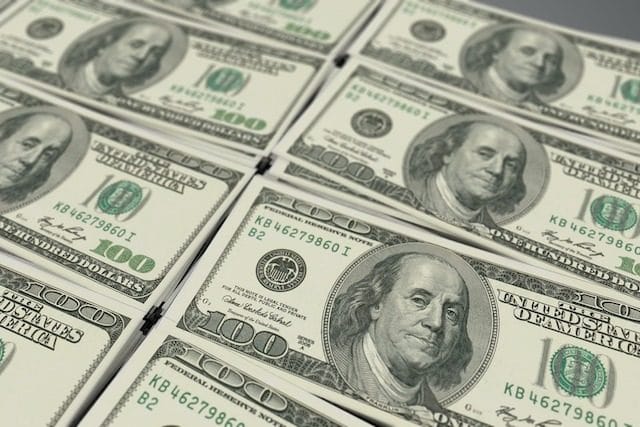
In 2011, competitors Procter and Gamble and Unilever were fined $456 million thanks to laundry detergent. And that was after they got a 10% discount for admitting that they were running a cartel. And an additional reduction because of a leniency program that drops fines when companies voluntarily disclose information.
While most of us are famous with cartels as the word is used in the illegal narcotics world, the definition applies across the board. A cartel is any group that gets together to control the distribution and price of a product. So these massive companies had to admit to running a laundry soap cartel, and it cost them a lot.
The two companies, along with a third that wasn’t fined because they tipped authorities off, had organized to develop more environmentally friendly products. At the same time, all three agreed that they could reduce the size of their products but not reduce prices. Later, they also agreed on price increases.
The cartel was being run in eight countries in the European Union between 2002 and 2005.
9. The Zipper Cartel
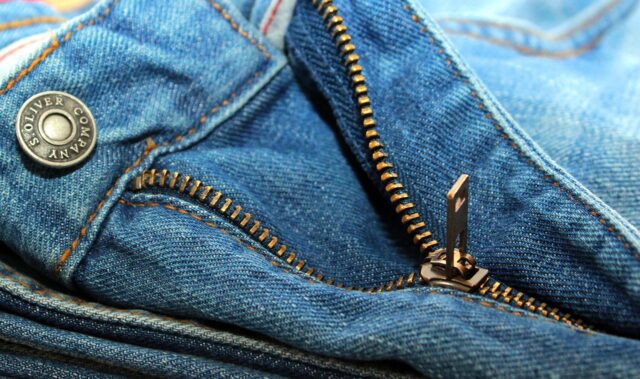
It’s not every day that you take time to ponder where the zipper on your jacket or jeans come from, and you probably spend even less time wondering what it’s worth. But someone makes all those zippers, and it’s a serious business.
The zipper cartel was busted back in 2007 and fined $459 million, which shows just how much money is in zippers. Three companies were involved in the scheme which saw them agreeing on fixed minimum prices, coordinated price increases and even shared markets and allocated customers. That meant they were agreeing on which company would get to rip off which customers.
As in the case of the laundry detergent, two companies – YKK of Japan and Coats of Britain – took the brunt of the fine. The third company blew the whistle on the scheme and got a lesser punishment as a result.
The companies were found to have agreed on fixing prices not just for zippers but other fasteners like buttons and snaps and even the machines that made them. It ran from at least 1991 to 2001.
8. TV Price Fixing

The global TV market is a juggernaut. About 214 million sets were sold in 2018. 210 million were sold in 2021, so even the pandemic didn’t slow sales much. One in two TVs is made by Samsung or LG. And that’s significant because Samsung and LG were caught out running a price fixing scheme for TVs that cost them $553 million in the US alone. In China, their fines reached close to $47 million.But it was the European Union that hit the companies in the wallet the hardest with a whopping $1.92 billion fine that included not just LG and Samsung, but Phillips and Panasonic as well.
The global television market is worth about $230 billion and if 50% of those TVs are made by LG or Samsung, then it’s easy to see that even $2 billion in fines didn’t hit their bottom line too hard. But it was a significant fine, relative to many others. The price fixing issues were settled in the US back in 2011, so the companies have obviously continued to thrive since then.
Authorities identified the price fixing of LCD screens, not just in TVs but in laptops and notebooks as well, between 1999 and 2006. The European fines dated back even earlier to price fixing of cathode ray tube televisions, the kind that existed before flatscreen technology took over.
Although all the companies involved ultimately paid their fines, they continued to deny claims of wrongdoing through the process.
7. Airline Price Fixing
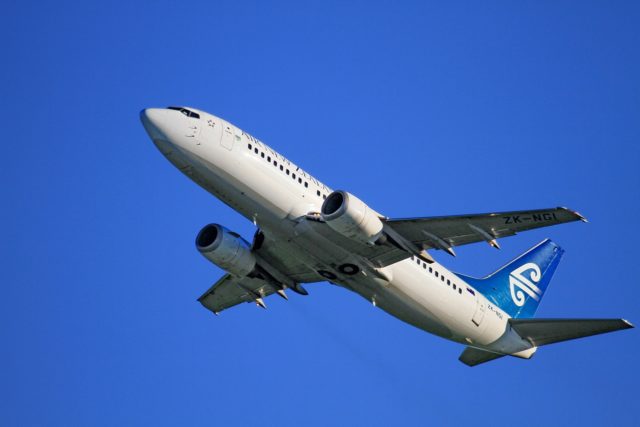
There are few people in the world who enjoy dealing with airplanes and airports. Bad customer service, bad experiences and high prices can turn anyone off the idea of international travel. So when you find out that airlines had been colluding to make the experience even worse, it’s a real kick in the teeth.
Airline price fixing cases are ongoing. But you can go all the way back to 2011 to see one of the largest cases in which 21 separate airlines were fined a combined $1.7 billion in fines. This came from investigations by the US Justice Department, which found the airlines had conspired to artificially inflate fuel surcharges for both passengers and cargo.
This is just the tip of the price fixing iceberg, of course. In 2007, British Airways was fined $300 million for their involvement. In 2018, two airlines paid $45 million in fines for boosting airfare prices, but neither American Airlines nor Southwest Airlines admitted wrongdoing. Australia has fined Qantas, Garuda, British Airways, Air France, Korean Air, Japan Airlines and numerous others. Even the travel agency Flight Center.
Class action suits and antitrust cases can stretch for years, especially with big airlines that have the resources to fight them.
6. Passover Matzo
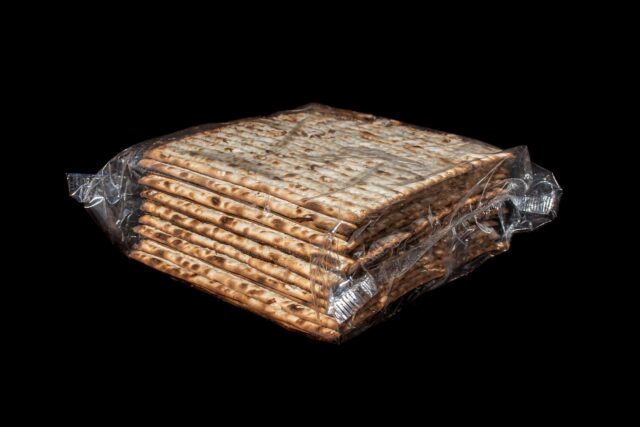
Not every price fixing scheme has to be a worldwide industry dominator. Sometimes even a niche industry finds a way to scam its customers. That’s what happened in 1991 when the B. Manischewitz Company, which was founded all the way back in 1888 and is famous for its wine and matzo, was fined for fixing matzo prices for Passover.
If you’re unfamiliar, matzo is bread. Specifically, it’s unleavened flat bread that is a major part of Jewish tradition and is referenced as far back as biblical times. During Passover, it’s hugely important, as the Torah states that God instructed the Jewish people to only eat unleavened bread during this time. That makes the price fixing scheme insidious on a whole new level since this was something that people absolutely require as part of their faith.
A judge fined the company $1 million after finding it conspired to fix prices as far back as 1981. The company acknowledged that matzo made up 40% of its annual sales which were over $30 million. They conspired with two other companies to raise the price of matzo and plead no contest to the charges against them.
5. Chocolate

In 2015, Canada was cooking up a massive case against some of the biggest chocolatiers in the world. Cadbury had tipped off authorities that they had entered into a price fixing scheme with Nestle, Mars, Hershey and a retailer. Authorities investigated and Hershey, which cooperated with the investigation, was fined $4 million.
For unknown reasons, the investigation came to an abrupt end when Canadian prosecutors put the kibosh on the whole endeavor. They first dropped the investigation against Mars and then a short time later also declined to pursue charges against Nestle. Neither decision was explained publicly.
Two years prior to the dropping of the criminal case, the major players did agree to pay $23.2 million to settle the case and forgo the cost of a trial, however. None of the companies admitted wrongdoing at the time.
4. The Lysine Price Fixing Scandal
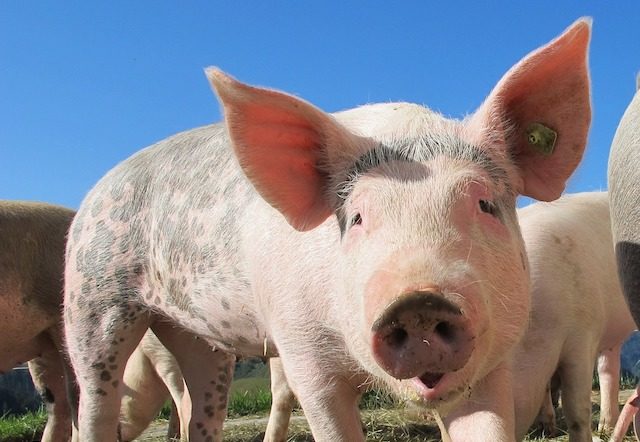
Lysine is not a product most of us are apt to use in our day-to-day lives. It’s an amino acid, and it probably achieved its biggest brush with fame in Jurassic Park as the failed insurance policy that was supposed to prevent the dinosaurs from thriving on their own because they bred them to be incapable of making it.
In real life, lysine is added to the feed for pigs and chickens to bulk them up. It aids in the development of muscle mass. The need for it was small in the world, but obviously it had an impact on agriculture.
In the early ’90s, one of the big manufacturers of lysine, ADM, opened a production facility that was so big it actually lowered the overall price of lysine. Because they increased the supply, competition had to lower prices to stay competitive. But ADM conspired with their competition to keep prices high. It ended up costing them $100 million in fines, which was, at the time, the largest antitrust fine in American history. The story was turned into the movie The Informant starring Matt Damon.
Remarkably, ADM would also settle a class action suit for $400 million about eight years later that was brought about by Coca-Cola and PepsiCo, among others, because the company had been fixing corn syrup prices. This was in addition to the company’s issues with tax dodging and corruption in Europe.
3. Nintendo Price Fixing
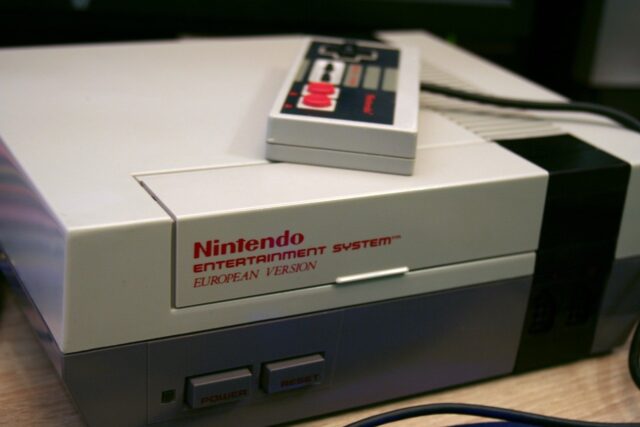
Back in 1991, Nintendo had to pay $25 million for price fixing and being remarkably underhanded in their business practices. They positioned themselves to be the only video game company on the market. Sega, makers of Nintendo’s main competition the Sega Master System, contend that Nintendo made backroom deals to keep Sega off the shelves at major retailers, effectively killing the system.
Nintendo ran their racket with an iron fist. Stores were forced to sell the games at prices dictated by Nintendo. There were allegations that if one store put a game on sale, even a few cents cheaper than a competitor, that competitor would call Nintendo and the company would freeze game shipments to the store selling at a discount.
In Europe, the scheme ended up costing Nintendo $262 million in fines. Amazingly, the company was able to get away with making good in yet another shady way. Rather than issuing refunds, Nintendo disbursed the settlement as $5 rebates. Which means customers had to buy more Nintendo products to get their money back.
2. The Great Electrical Conspiracy

Price fixing is by no means a product of the modern era. In the 1950s, the US Senate brought the hammer down on electrical equipment manufacturers GE and Westinghouse for price fixing massive power-generating electrical turbines. They were making $1.75 billion even back then. Determined to maintain industry dominance, the two companies conspired with some smaller competitors to fix the prices of heavy equipment that they sold to governments.
The scheme came to light when the Tennessee Valley Authority discovered that 47 different companies gave them identical bids for three years in a row. The process, where a company bids to get a government contract, was supposed to be secret. But the dollar amounts were exact.
As it turned out, the companies involved, of which Westinghouse and GE were the biggest, developed a scheme to “win” these bids based on moon phases. The winner, which was the company chosen to offer the winning bid, would change every moon phase.
1. Everything You Eat
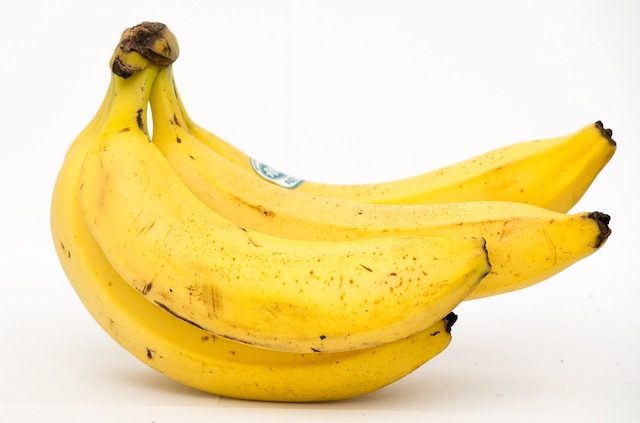
The food industry is rife with price fixing scandals and it’s no wonder. Providing food can be subject to countless variables. Fixing prices is likely seen as good insurance for many, but the penalties are high.
In 2021, Pilgrim’s Pride was fined $107 million for price fixing chicken. The same year, Smithfield settled for price fixing pork to the tune of $83 million. In 2022, JBS settled a $52.5 million lawsuit for their part in beef price fixing. There are others in the case who have yet to settle or be prosecuted. Even StarKist scammed tuna consumers and then settled for $100 million in 2019.
If you think being vegan spares you, think again. Banana price fixing was uncovered in 2011. Peanut price fixing came up in 2020, which, incidentally, involved ADM again. India even uncovered a global vegetable seed price fixing scheme. Wheat and dairy have fallen under scrutiny as well. Basically, if you can eat it someone has probably conspired to charge you too much for it.